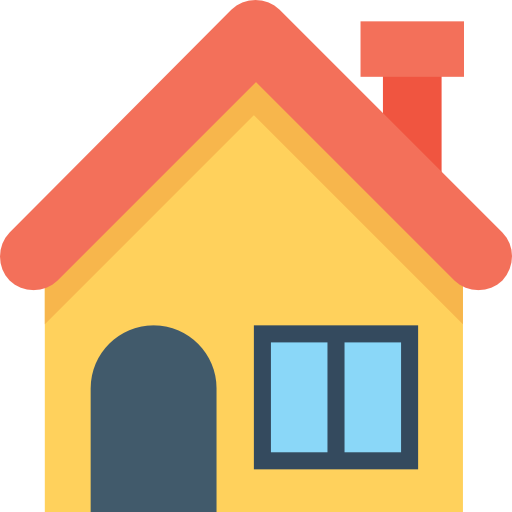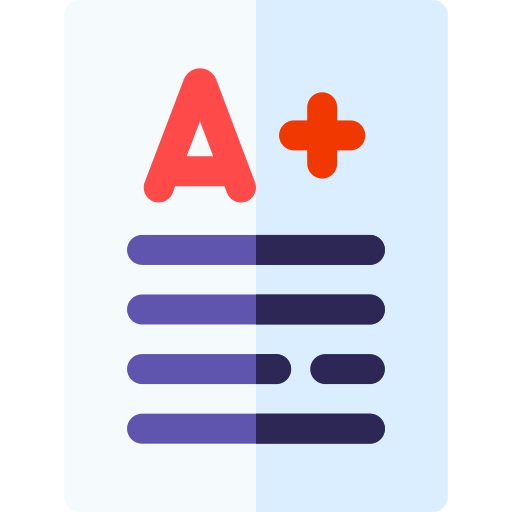كتاب الطالب 2020 2021 دراسات اجتماعية منهج إنجليزي صف سادس فصل ثالث
ARISTOTLE AND POLITICAL SYSTEMS
In the 4th century BCE, the Greek philosopher Aristotle wrote a book called Politics. In this book, he explained early political systems. He wrote about six different categories of political systems:
tyranny (rule by a single person); oligarchy (rule by a small group of people), democracy (rule by the citizens), monarchy (rule by a king or queen), aristocracy (rule by a small group of nobles), and polity (rule by the citizenry for the benefit of everyone)
Aristotle believed that the first three-tyranny, oligarchy and democracy-were not ideal
He wrote that the leaders in the first three systems governed for their own benefit, not for the benefit of the society. He stated that the other three systemsmonarchy, aristocracy, and polity-were better because the leaders i governed for the benefit of all the citizens
Over time, other ways of governing have emerged. No form of government is perfect for all countries. Each country has its own history, social structure, customs, and culture reflected in the type of government that it has developed
Social Studies - Grade 6 Term 3
The ruins of early Greek city-states dating from around 850 BCE were discovered by archeologists on the Mediterranean island of Cyprus. By the 6th century BCE, there were hundreds of city-states along the ancient Greek coastlines
A city-state in ancient Greece consisted of a densely populated area or city surrounded by a territory belonging to it. Each city with its territory was an independent state
Greek city-states could be as small as 10 square kilometres with a population of about 1,000, or quite large. The largest city-state, Athens, was 2,500 square kilometres with a population of over 200,000 people. An ancient Greek city-state was called a polis. This is where the modern word 'politics' comes from. The polis was self-governing and able to defend itself from attack
From 450 BCE to 350 BCE, city-states gradually joined together forming larger federations, such as the Thessalian League, the Arcadian League, Peloponnesian league, and others. By joining together, the city-states could combine their resources to protect themselves
large number of goods were mass produced in factories at one time
In factories, the process of making a product was broken down into a series of tasks. Where possible, machines did the tasks with one person supporting many machines. Using new machines and technology made goods easier and cheaper to produce. This created higher profits for factory owners. People who worked in the factories were paid for their work
Many people preferred working in factories over working on farms. Cities grew as people moved from farms to work in factories and other businesses. The changes in peoples' lives from rural farming societies to urban societies is called the Social Revolution
As the economies changed from farming to producing goods and the societies changed from rural to urban, political systems changed. Wealth was no longer connected to owning land. Owning factories and business became more important than owning land
During the 20th century, some political systems in Europe and elsewhere began to change to allow people more participation in government. One way people participate in government is by choosing their leaders and lawmakers. Other countries in Eastern Europe and Asia chose a different systems such as socialism or communism. In these two systems, the important idea is to eliminate social classes and to treat everyone the same. No one should be very rich and no one should be very poor. Over time, political systems changed to meet the needs of the people governed by the political systems
Developing a political system is a complicated process. Some questions that framers of a government need to ask are: How should citizens be able to participate in the political process? How should laws be created? How should political power be transferred to the next leaders? How should the economy be managed? Different countries answer these questions in different ways, which leads to the establishment of different political systems
In a parliamentary system, the legislative and the executive branches of government are very closely connected. The leader comes from the legislative branch. This means that the people do not elect a single leader. They elect a party or group of political officials. The leader is elected by the party or appointed by other means
Social Studies - Grade 6 Term 3
In a presidential system, the legislative and executive branches are kept separate. This is called 'separation of powers,' where each branch of government is independent and balances the others. The idea is that by separating the branches, each branch will have limited power. All the branches must work together to draft, interpret, and execute laws
Two types of laws are presented in this lesson: civil laws and criminal laws. Civil laws deal mainly with problems between individuals. Criminal laws focus on violations of state or national laws. In criminal law, disputes may be decided by a judge or a jury. A jury is a group of people who are called to listen to the evidence and decide on the innocence or guilt of the accused
There are other differences in civil law and criminal laws such as levels of punishment and types of evidence that are acceptable. While these two types of laws may have some differences, the purpose is the same. Laws are created for the protection of people's interests and the general safety of society. The legal system of a country is one of the most important tools that a government uses to keep society functioning properly and effectively
Lesson 8 Rights and Responsibilities
RIGHTS AND RESPONSIBILITIES
One main focus of government is protecting the welfare of the people who live in the country. The people who live in a country could be citizens or residents. Citizens are people who have the nationality of the country. Residents are people who are not citizens but live in the country. The rights of citizens are residents may differ according to the law
Rights given to people who live in the country can be categorized as 'civil rights and political rights.' Examples of civil rights are the right to own property, the right to move around inside the country, and equality for people of any race, gender, or religion. Political rights are the rights that citizens have to participate in government by election or by holding office
Civil rights typically extend to citizens and residents, while political rights are normally reserved for citizens. For example, in the UAE citizens and residents enjoy safety and security. However, only citizens may vote in the FNC elections or be appointed to FNC seats
Rights come with responsibilities. It is the responsibility of everyone who lives in a country to understand and obey the laws of the country they live in. The rights and responsibilities balance


